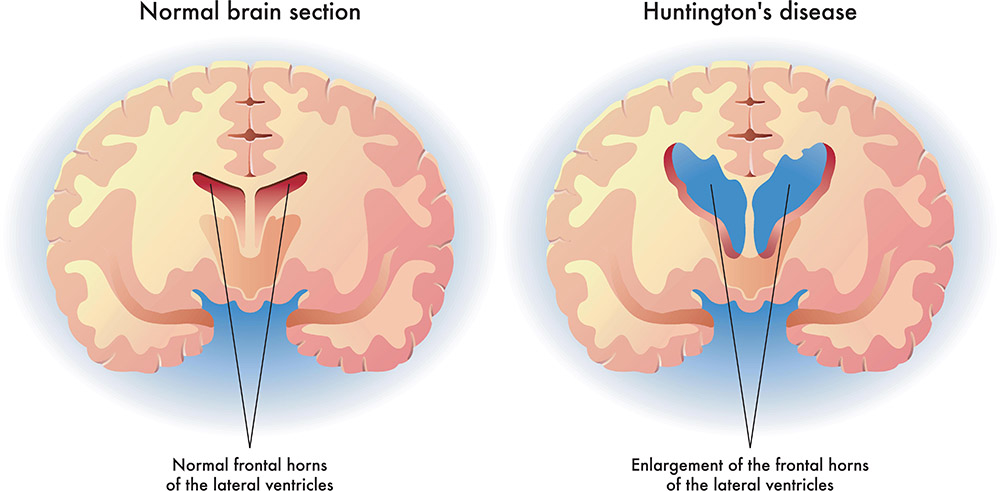Strength has always carried weight beyond the physical. Across cultures and throughout history, men have been admired, judged, and often defined by their strength—whether in the context of survival, labor, protection, or leadership. While modern society no longer depends on brute force for daily survival, strength remains essential. It is not just about the ability to lift heavy objects; it is about resilience, vitality, confidence, and the capacity to live life fully.
Strength training, sometimes dismissed as the pursuit of muscle for vanity, is far more profound. It is an investment in long-term health, a guard against disease, a booster of mental well-being, and a foundation for quality of life. For men in particular, who face unique physiological, psychological, and cultural pressures, strength training offers benefits that ripple into every aspect of existence.
In exploring the importance of strength training for men, we must look at it not just as a fitness routine, but as a science-backed pathway to physical health, mental clarity, and enduring vitality.
The Biological Foundations of Strength
Muscles: Engines of Human Performance
The human muscular system is not simply for show—it is the machinery that powers movement, stabilizes joints, regulates metabolism, and protects organs. For men, who naturally have higher levels of testosterone, muscle mass is biologically easier to gain and maintain compared to women. Yet without intentional training, muscle deteriorates over time.
From the age of 30 onward, men lose 3–5% of muscle mass per decade, a process known as sarcopenia. This loss is not just about diminished appearance; it directly impacts strength, balance, and independence. Weak muscles increase the risk of falls, limit mobility, and reduce the body’s ability to respond to illness or injury. Strength training counters this decline, stimulating muscle fibers to grow and adapt, preserving the very machinery that keeps men functional.
Bones: The Framework of Strength
Strength training does not only shape muscle; it fortifies bones. Resistance exercises apply stress to the skeletal system, prompting bones to increase density. This is vital for men, especially as they age. While osteoporosis is often considered a women’s issue, men over 50 account for up to one-third of all hip fractures. A fractured hip can drastically reduce quality of life, and in many cases, shorten lifespan. By strengthening bones through resistance training, men can reduce this risk and maintain robust skeletal health.
Hormones: The Inner Drivers
Strength training is a powerful regulator of hormones. For men, testosterone is central not only to muscle growth but also to mood, libido, and cognitive function. Regular resistance training naturally boosts testosterone and growth hormone levels, counteracting the gradual decline that occurs with aging.
Moreover, strength training improves insulin sensitivity, helping to regulate blood sugar and reduce the risk of type 2 diabetes—a condition that disproportionately affects men. In fact, studies consistently show that men who engage in regular resistance training have lower risks of metabolic syndrome, cardiovascular disease, and obesity.
Strength Training and Mental Health
The Psychology of Strength
Strength training does not just sculpt the body—it reshapes the mind. The discipline required to progressively lift heavier weights instills patience, determination, and resilience. Each repetition is a small victory, a reminder that progress is possible even in the face of resistance. For many men, this experience fosters confidence and self-esteem that extends beyond the gym.
In a world where men often struggle with expectations to be providers, protectors, and leaders, strength training offers a constructive way to embody strength without aggression. It becomes a personal ritual that builds not just biceps, but a sense of grounded masculinity rooted in discipline and self-mastery.
Stress Relief and Emotional Resilience
The act of lifting weights is both physically demanding and mentally liberating. During strength training, the body releases endorphins—natural chemicals that elevate mood and reduce pain perception. These “feel-good” hormones combat stress, anxiety, and depression.
For men, who statistically are less likely to seek therapy or emotional support, strength training can serve as an outlet for stress and a tool for emotional regulation. It provides a space to channel frustrations into productive effort, to silence mental noise with physical focus, and to emerge calmer and more centered.
Cognitive Health
Research has shown that men who engage in regular resistance training experience improvements in memory, attention, and problem-solving skills. The link between physical strength and brain function is not symbolic—it is physiological. Strength training enhances blood flow to the brain, stimulates growth factors like BDNF (brain-derived neurotrophic factor), and reduces the risk of cognitive decline. For men concerned about Alzheimer’s and dementia, the gym may serve as one of the most effective forms of prevention.
Strength Training for Longevity
A Longer, Healthier Life
Strength training is not just about living longer—it is about living better. Men who maintain muscle mass and strength into older age are less likely to experience frailty, dependency, and disability. They can continue doing the activities they love—whether it’s playing with grandchildren, hiking, or traveling—well into their later years.
Scientific studies have confirmed that men with higher levels of muscular strength live longer, regardless of body weight or cardiovascular fitness. Strength itself appears to be a marker of overall health and a predictor of survival.
Protection Against Chronic Disease
Strength training reduces the risk of numerous chronic illnesses. It lowers blood pressure, improves cholesterol levels, and enhances vascular health. It combats obesity by increasing basal metabolic rate, meaning the body burns more calories even at rest.
For men with type 2 diabetes, resistance training is particularly effective, improving glucose uptake and helping manage blood sugar levels. It also reduces visceral fat—the dangerous fat stored around internal organs that is strongly linked to heart disease and metabolic dysfunction.
Strength and Masculinity in the Modern World
Beyond Stereotypes
Culturally, strength has long been associated with masculinity, sometimes in ways that are toxic or limiting. The image of the stoic, muscular man who never shows weakness can create unhealthy pressures. Yet when reframed, strength training can offer a healthier model of masculinity—not one based on domination, but on self-care, resilience, and the ability to support others.
Men who train for strength are not just building bodies; they are building character. The discipline, consistency, and humility required to progress in strength training challenge stereotypes of instant gratification and superficial masculinity. In this way, strength training can help men redefine what it means to be strong—not just physically, but emotionally and socially.
The Social Dimension
Strength training is not only an individual pursuit. For many men, it fosters community. Gyms, fitness clubs, and training groups create spaces where men can bond over shared goals, support one another, and form meaningful connections. These social ties, combined with the physiological benefits of exercise, further enhance mental and physical health.
Practical Aspects of Strength Training
Starting the Journey
For men new to strength training, the first step is not about lifting the heaviest weights—it is about consistency, technique, and gradual progress. Beginning with compound movements like squats, deadlifts, bench presses, and pull-ups ensures that multiple muscle groups are trained simultaneously, maximizing efficiency.
As men advance, progressive overload—the gradual increase of weight, repetitions, or intensity—drives adaptation. The beauty of strength training lies in its measurable progress. What once seemed impossible gradually becomes routine, and the process itself builds confidence.
Balancing Strength and Health
Strength training should not be pursued in isolation. Flexibility, cardiovascular fitness, and recovery are equally important. Men who focus solely on lifting without proper rest, nutrition, or mobility work risk injury and burnout. A balanced program ensures long-term sustainability and health.
Nutrition is especially critical. Muscles require protein for growth, carbohydrates for energy, and healthy fats for hormone regulation. Hydration, micronutrients, and sleep complete the foundation upon which strength training can flourish.
Aging and Strength: Why Men Cannot Afford to Skip It
For men entering middle age and beyond, strength training becomes not just important but essential. As natural declines in testosterone, growth hormone, and muscle mass accelerate, resistance training acts as a powerful counterforce.
Older men who train maintain independence longer, recover from illness faster, and experience less disability. They are less likely to suffer from falls, fractures, and frailty. Perhaps most importantly, they retain the dignity and freedom to live life on their own terms.
The Science of Strength and Mental Resilience
Strength training can be thought of as a metaphor for life’s challenges. Every rep, every set, every drop of sweat is a confrontation with resistance. Over time, the act of facing and overcoming resistance in the gym translates into greater resilience outside it. Men who build physical strength often find themselves better equipped to handle stress, conflict, and adversity in other areas of life.
The Future of Men’s Health Through Strength Training
As medicine advances, there is increasing recognition that prevention is far more effective than treatment. Strength training is one of the most powerful forms of preventative medicine available to men. It is low-cost, accessible, and adaptable to every age and fitness level.
In the future, strength training may be prescribed as routinely as medication—recognized not just as exercise, but as therapy for body and mind. Already, doctors recommend resistance training for men recovering from surgery, battling depression, or managing chronic disease. The growing body of scientific evidence continues to highlight its central role in health.
Strength as a Way of Life
Strength training is more than a workout—it is a way of living. It teaches patience, discipline, humility, and perseverance. It empowers men to take control of their health, to age with dignity, and to embody a balanced, grounded form of masculinity.
To be strong is not to be invulnerable, but to be prepared—to face life’s challenges with resilience, to support others when needed, and to continue thriving in body and spirit. For men, strength training is not optional; it is essential. It is not about vanity or ego—it is about vitality, freedom, and the pursuit of a life fully lived.






